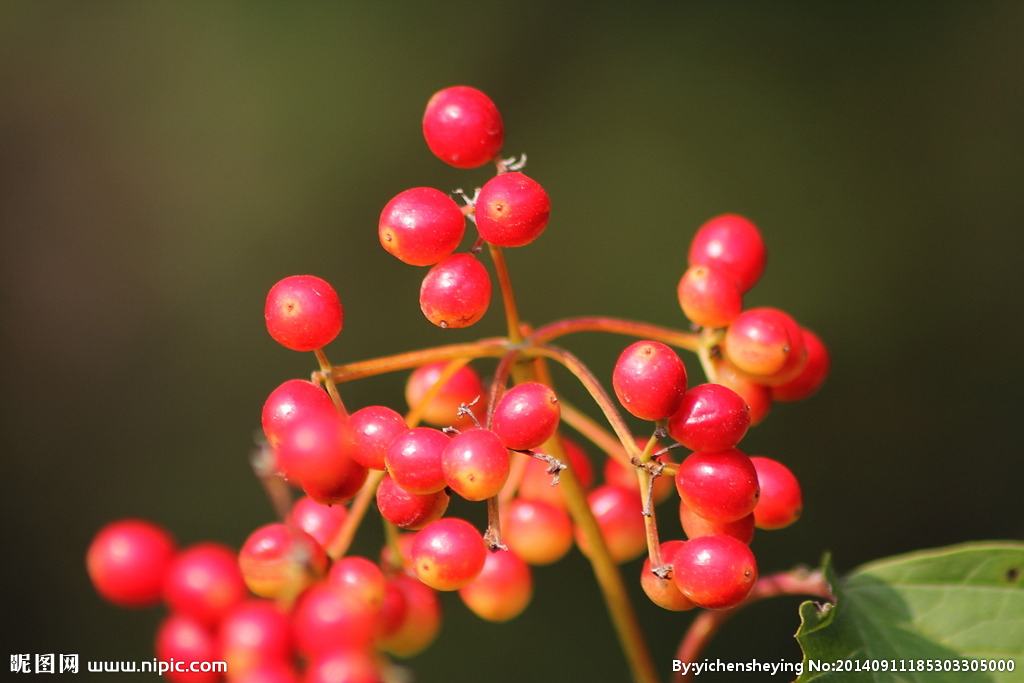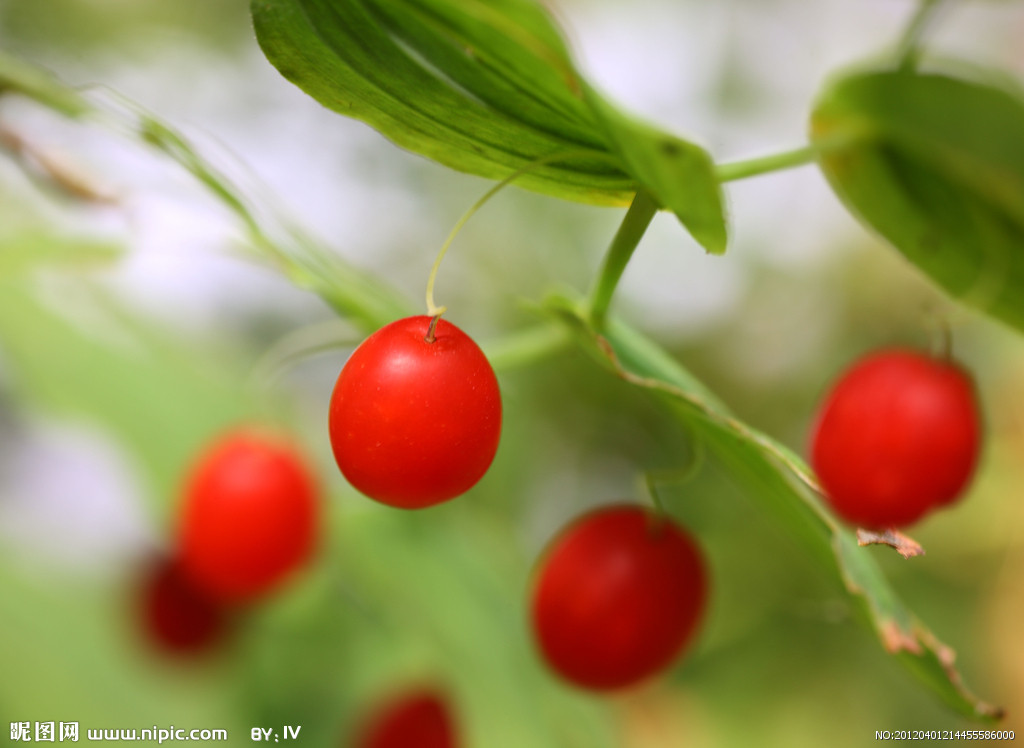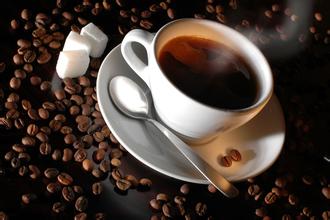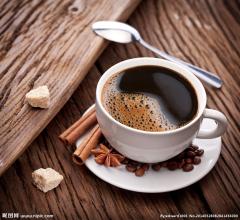What is 90 + Coffee beans A brief introduction to America's Top Coffee Ninety Plus Coffee Ethiopia
"90 +" does not mean all coffee rated above 90. Good coffee, one year, one year nothing. Sometimes it appears in different estates and has different taste characteristics. "Ninety +" refers to a 13-flavor range of premium coffee. These coffees come only from the American specialty coffee creator-Ninety Plus Coffee. They are all Ethiopian Heirloom old varieties, cultivated in an ecological environment and processed under art standards to optimize taste.
90 + The pursuit of extreme flavor is very admirable. Their sustainability model and environmentally friendly practices are also learning goals for many coffee producers. From its founding in 2006, the young company has made coffee makers around the world aware of them in just a few years. The 2007 debut coffee collection was immediately recognized as a prized collection by coffee connoisseurs. We are also very excited to be selected as the exclusive agent of Ninety + in China in 2014. To coffee lovers, confidants, and industry friends and cronies across the country, we proudly present this series of wonderful coffee experiences!
excellent quality
Ninety + founder Joseph Brodsky discovered early on that the world's high-quality coffee beans originated in Ethiopia, and its many different varieties of different flavors are no less than 10,000 kinds of grapes to make 1 million different wines. Ninety + of the green beans come from Ethiopian original varieties, including Gesha from Panama Manor and Heirloom from Ethiopia. The processing process is 90 +'s specialty. It will separate these coffees one by one according to variety, microclimate and fresh harvest time, taste them one by one, design processing methods for each taste, achieve a taste characteristic, just like the design of big brands, carefully study and spend painstaking efforts to complete a handicraft close to art. Natural products go through a lot of refinement and improvement, and finally reach the most beautiful posture before presenting the content to everyone.

Excellent achievements
Ninety Plus, translated directly, is 90 +, or above 90 points. Non-industry friends may not understand that a coffee bean with a score of 90 or more means that it is close to perfect for coffee lovers. Whether it's a cup score or a Coffee Review (www.coffeereview.com) score, it's a hard-won honor.
2007-Aricha Selection 7 Ninety +'s first coffee is released, with a high score of 95 points in Coffee Review (Roaster is also Ninety +'s founder Novo Coffee Roasters )
2009-Aricha Micro Selection 14 Wins 3rd World Coffee of the Year Award from the American Specialty Coffee Association
2009-Aricha Micro Selection 33 with Sammy Piccolo as world runner-up at that year's World Barista Competition
2012-Perci Red from Panama Manor debuts, earning Coffee Review's highest ever score of 97 (Barrington Coffee Roasting Co.)
In addition to the above 90 + coffee also appeared in the World Barista competition many times, accompanied by a number of players won the first prize. Coffee Review ratings were 3, 94, 95, 96, and 97. Because of the numerous achievements accumulated over the years, they are not listed here. If you are interested, you can follow the Ninety + blog news.
W2,H2,N2,Red, Ruby, Solkiln
W2, H2, N2: can be understood as the traditional processing method of raw beans, and 90 + also uses them as a distinction of taste.
Ninety Plus considers coffee to be a fruit in its own right, so its own proprietary processing methods are designated as (W2),(H2), and (N2) according to taste. When you understand traditional coffee processing, you will find that small adjustments can blur the distinction between them. For example, a little washing can be added at different stages of the dense-treatment process to achieve a lighter, brighter wash taste; by controlling the degree of fermentation of the pulp, a sun can be closer to the effect of a dense-treatment, or a dense-treatment can be more like a sun.
According to the influence of fruit flavor on taste during processing, it can be divided into W2, H2 and N2 from low to high. These three flavors can also be simply understood as processing methods: W2=WASH washing treatment;H2=Honey honey treatment;N2=NATURE sun treatment:
W2: Low fruit tone; emphasis on brightness, acidity, and floral fragrance.
H2: Moderate fruity tone; sweet, fruity (rather than fruity), and tea-like.
N2: High fruity notes; emphasis on bold, sour, jam and dried fruit flavors.
Solkiln : The so-called Solkiln method is a special treatment method patented by Ninety + Company. They dry the fresh coffee in a house originally used for drying wood. In this house, special equipment controls the temperature and humidity required to maintain the stability of the internal environment. At the same time, it eliminates the influence of the local humid climate on the coffee.
Red : The so-called "red treatment" is a special treatment performed by the Ninety + team through its own patented drying technology. This treatment process will make the color of the shelled coffee beans appear different degrees of red. This treatment will enhance the aroma characteristics of the coffee itself again, and it will show a strong sweet taste with obvious fruit flavor in the taste.
Ruby : The so-called "ruby" treatment is also a harder, more extreme way of treating red. The sweet and fruity taste of the red processing is brought to an extreme, and if you are not careful, it will turn into an extremely bad area of bad fermentation flavor. This method also requires a lot of manual screening. Each green bean must meet the "ruby" standard in order to be called a "ruby" bean. It has been eliminated many times and tried many times, leaving the last point to reach the standard of "ruby", so it is expensive.

About Level:
90 + flavor spectrum, there is a "Level" logo. It is the number after the name label "L". For example, L12-means Level 12. This Level is roughly proportional to the price. It represents a grading model for individual green beans: based on quality, quantity, production cost, 90 +, based on the original excellent green beans, continue to grade:
Level 7: Single harvest. Rare varieties with delicate taste and special flavor are hand-selected and then processed by NinetyPlus unique method to reach the standard of more than 90 +;
Level 12: Single harvest. The website uses negative adjectives such as "cannot be identified indelibly" to indicate that this grade of beans must be a good taste that every coffee person will never forget.
Level 21 (L21), Level 39 (L39) Most of these are 90 + Gesha varieties grown on Panama estates. Ethiopian Nekisse Red, specially red-processed, also belongs to Level 39 (L39).
Level 95 (L95), Level 195 (195) are beans grown in Panama Estate's advanced microenvironment and processed through a long screening process using patented drying technology. To the highest standards of taste in design. Most of them will also be processed under the personal care of Joseph, the initiator. The annual output may only reach about ten to dozens of kilograms. It's a collector's item.
Ninety + CEO Joseph Brodsky
34409562-2
In 2007, Joseph Brodsky, founder and current CEO, personally went to Ethiopia, where coffee was originally grown, to find wild coffee trees, tried various processing methods, and finally let coffee speak with its own voice, so that the whole world heard, full of fruit aroma and rich connotation of sincere whispers, shocking. As if that weren't enough, Joseph actively purchased a coffee estate of 134 hectares in Panama, planted with 80,000 gesha trees, which have been praised as the best coffee varieties in recent years.
Important Notice :
前街咖啡 FrontStreet Coffee has moved to new addredd:
FrontStreet Coffee Address: 315,Donghua East Road,GuangZhou
Tel:020 38364473
- Prev

Strong and strong death wish Coffee introduces the treatment of boutique coffee beans coffee
1. Death wish coffee is made from Arabica coffee beans, which itself does not contain too much caffeine, but through the special roasting method used, the caffeine in the coffee beans is preserved to the maximum extent. 2. The packaging of death wish also has the smell of death. The black bag has a skull printed on it. No.
- Next

Death wish Arabica Coffee introduction death wish Coffee production area Manor
Coffee profile 1. Death wish coffee is made from Arabica coffee beans, which do not contain too much caffeine in Arabica coffee beans (2 caffeine), but through the special roasting method used, the caffeine in the beans is preserved to the maximum extent. 2. The packaging of death wish also has the smell of death. The black bag is printed with a skull.
Related
- Guji coffee producing area of Guji, Ethiopia: Humbela, Shakiso, Wulaga
- What is the most expensive variety of Qiloso in BOP multi-variety group?
- How to store the coffee beans bought home?
- Why are Yemeni coffee beans so rare now?
- Ethiopian Sidamo all Red Fruit Sun Sun Santa Vini Coffee beans
- SOE is mostly sour? What does it mean? Is it a single bean? what's the difference between it and Italian blending?
- Is Italian coffee beans suitable for making hand-brewed coffee?
- How to choose coffee beans when making cold coffee? What kind of coffee beans are suitable for making cold coffee?
- Just entered the pit to make coffee, what kind of coffee beans should be chosen?
- Can only Japan buy real Blue Mountain Coffee? What are authentic Jamaican Blue Mountain coffee beans?

